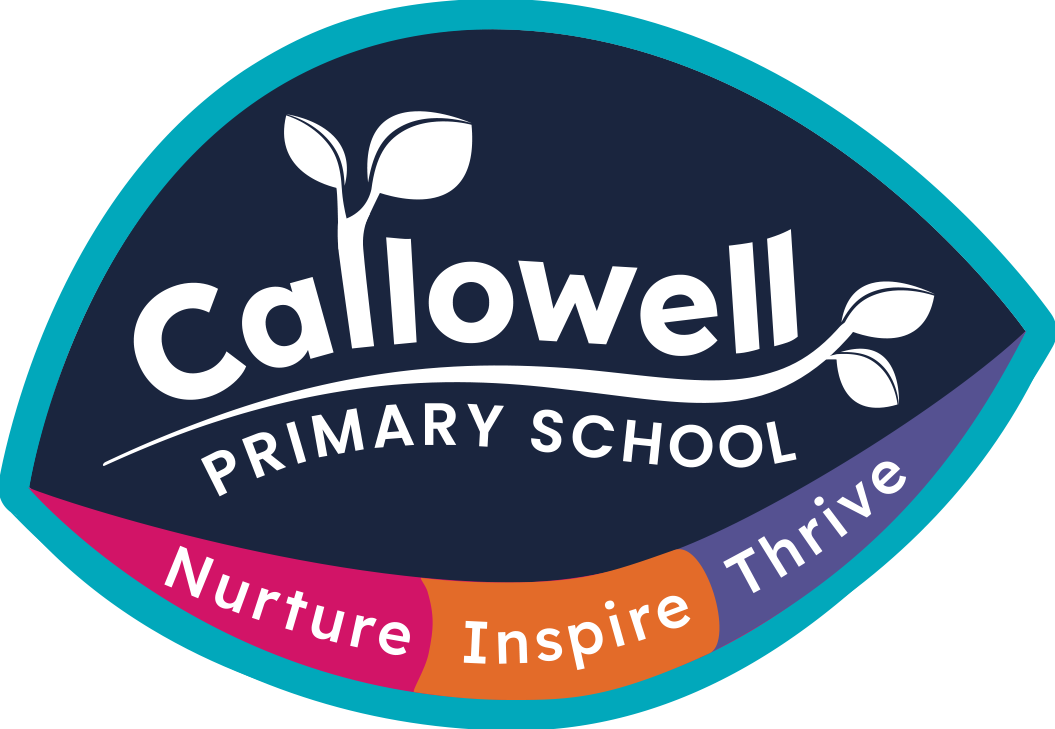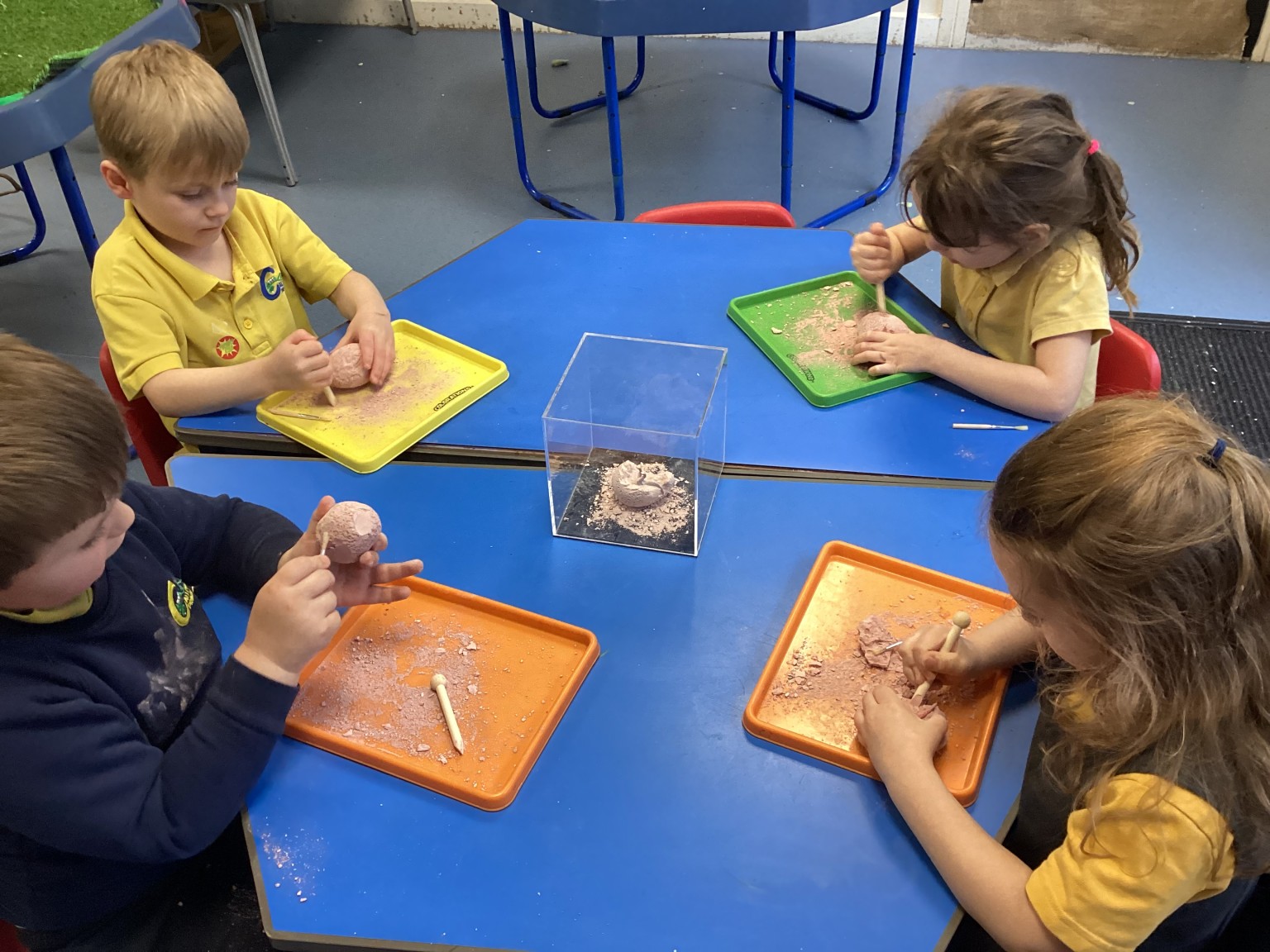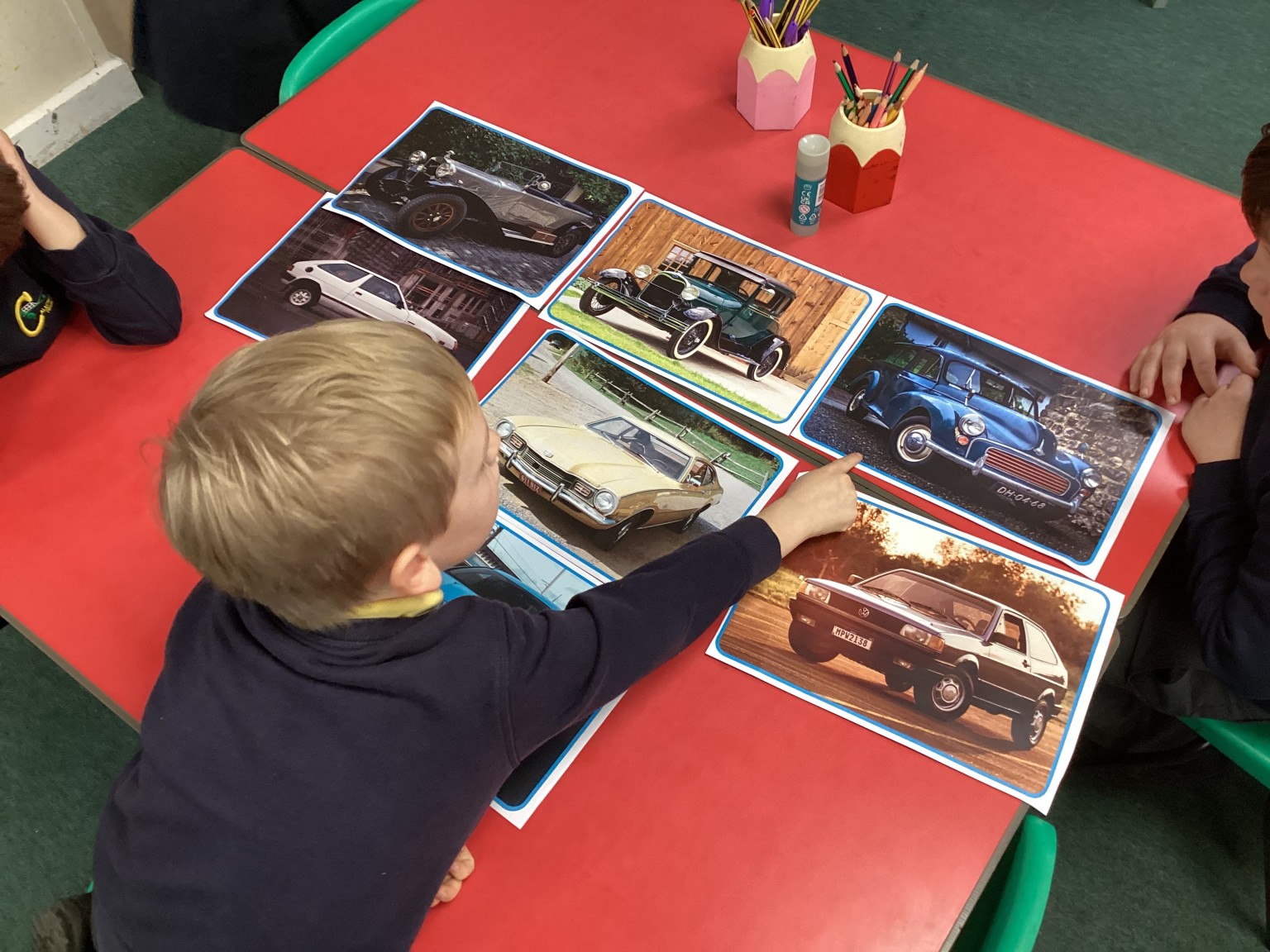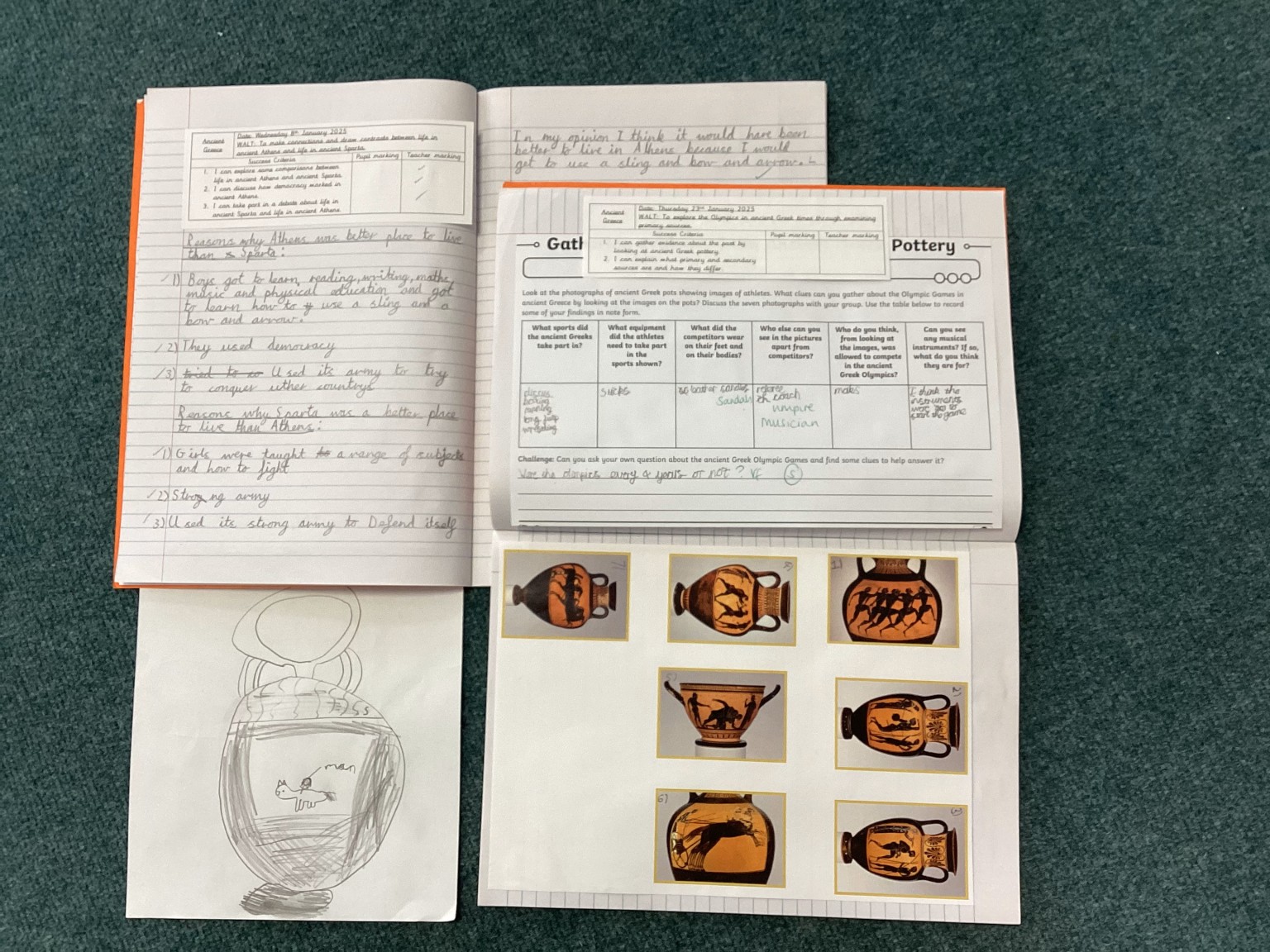Callowell Historians
Our Aims:
- Know and understand the history of these islands as a coherent, chronological narrative, from the earliest times to the present day: how people’s lives have shaped this nation and how Britain has influenced and has been influenced by the wider world.
- Know and understand the significant aspects of the history of the wider world: the nature of ancient civilizations; the expansion and dissolution of empires; characteristic features of past non-European societies; achievements and follies of mankind.
- Gain and deploy a historically grounded understanding of abstract terms such as ‘empire’, ‘civilization’, ‘parliament’ and ‘peasantry’.
- Understand historical concepts such as continuity and change, cause and consequence, similarity, difference and significance, and use them to make connections, draw contrasts, analyse trends, frame historically valid questions and create their own structured accounts, including written narratives and analyses.
- Understand the methods of historical enquiry, including how evidence is used rigorously to make historical claims, and discern how and why contrasting arguments and interpretations of the past have been constructed.
- Gain historical perspective by placing their growing knowledge into different contexts, understanding the connections between local, regional, national and international history; between cultural, economic, military, political, religious and social history; and between short- and long-term timescales.
What does History look like at Callowell?
Our History curriculum is based on the aims and principles of the National Curriculum. We ensure that the history periods taught are progressional and provide children with the opportunity to learn about local, British and national history. Within each aspect of history, there will be a focus upon substantive concepts (knowledge of the past) and disciplinary concepts (how historians have studied and analysed the past). We ensure that learning is progressive and inclusive with a focus on teaching relevant high-quality vocabulary to improve subject specific oracy.
In the Early Years Foundation Stage children engage with History through the Early Learning Goal, ‘Understanding the World’. Within this Early Learning Goal, children explore aspects of past and present, and people, culture and communities, through observations, discussions, stories and comparisons of similarities and differences.
History from Y1 to Y6 is taught with support from the Ark curriculum and resources.
To ensure children are provided with a broad cultural development we also provide them with opportunities to extend their learning beyond our local community. Learning experiences include; trips, workshops, expert visitors, topic days and theme boxes.
How do we assess History?
Our History curriculum is designed progressively to ensure that children build on previously learnt knowledge and form connections between historical periods studied. We use regular retrieval practice sessions within class to further support this.
By the end of each key stage children are expected to know, apply and understand the matters, skills and processes studied within the Early Years Foundation Stage Framework and National Curriculum programmes of study. Class teachers use formative assessment in all lessons to identify children’s understanding of the historical concepts and key knowledge taught, alongside Evidence Me and Insight. This allows us to track the attainment and progress of children throughout their school journey.



